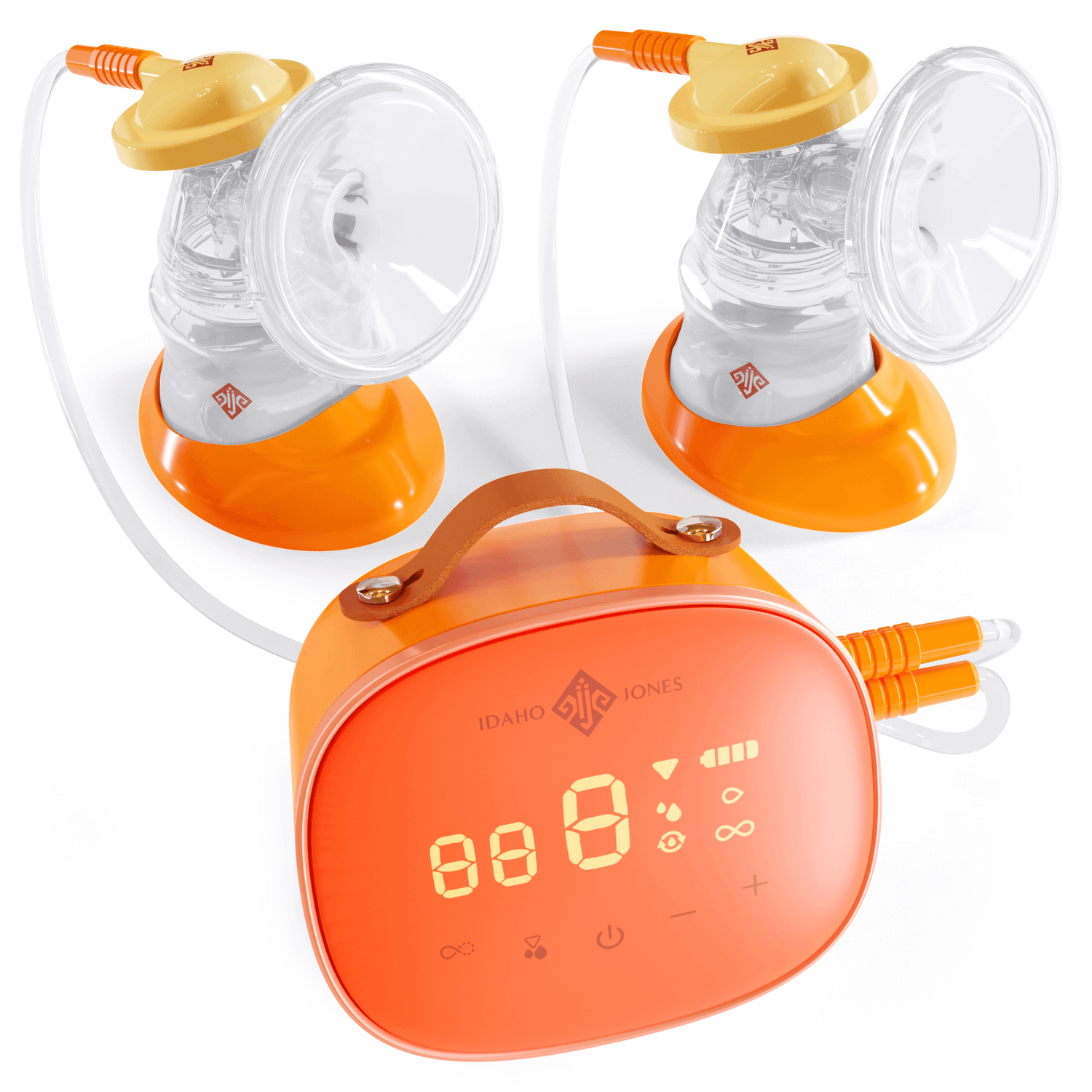Postnatal depression can be a difficult and isolating experience for new mothers. It is important to know that you are not alone and there are many resources available to help you through this challenging time. Here are five places you can go to for support with postnatal depression:
1. Your healthcare provider
Your healthcare provider should be your first point of contact if you are experiencing postnatal depression. They can provide a diagnosis, offer treatment options, and refer you to specialists if necessary. They can also provide emotional support and guidance to help you manage your symptoms. If you feel like your healthcare provider is not giving you the support you need, then seek a second opinion.
2. Support groups
Joining a support group can be an effective way to connect with other mothers who are going through similar experiences. Support groups can provide a safe and non-judgmental space for you to share your feelings and receive emotional support. Many support groups are available both in-person and online.
Here are 9 of the best charities for supporting moms with postpartum depression (PPD):
- Postpartum Support International
- Mental Health America
- 2020 Mom
- Maternal Mental Health Leadership Alliance
- Alexis Joy Foundation
- StrongMinds
- March of Dimes
- The Loveland Foundation
- National Alliance on Mental Illness
3. Therapy
Therapy can be a helpful tool for managing postnatal depression. A therapist can provide a safe and confidential space for you to explore your feelings and develop coping strategies. Therapy can also help you develop a support network and improve your relationships with loved ones.
If you are interested in seeking therapy, there are several options available. You can start by talking to your primary care physician or insurance provider to get a referral to a therapist. Many health insurance plans do cover therapy, but it's important to check with the specific plan to see what is covered. In addition, there are also community mental health centers and nonprofit organizations that offer low-cost or sliding scale therapy services. Seeking therapy can be a helpful way for moms to manage the stress and challenges of parenting, and there are resources available to help make it more accessible and affordable.
4. Self-help resources
There are many self-help resources available that can help you manage your postnatal depression symptoms. These can include books, online resources, and apps that provide tips and strategies for coping with depression. Using self-help resources can help you feel more empowered and in control of your mental health.
Some our favorite self help apps are;
5. Family and friends
Your family and friends can be a valuable source of support during this difficult time. They can offer emotional support, help with childcare, and provide practical assistance such as cooking meals or running errands. It is important to communicate your needs and ask for help when you need it.
Telling your family or friends that you have postpartum depression can be a difficult conversation to have. One approach we suggest is to start by explaining what PPD is and how common it is among new mothers. You could also describe your personal experiences with PPD, including any symptoms you have been experiencing and how they have impacted your daily life. It may also be helpful to share any treatment options you are considering or currently pursuing. Ultimately, the goal of this conversation is to seek support from those closest to you and to let them know that you are not alone in your struggles with PPD. Remember that it is okay to ask for help and that seeking treatment for PPD is a brave and important step in recovery.
By reaching out for support, you can take the first step towards feeling better and enjoying motherhood to its fullest.


